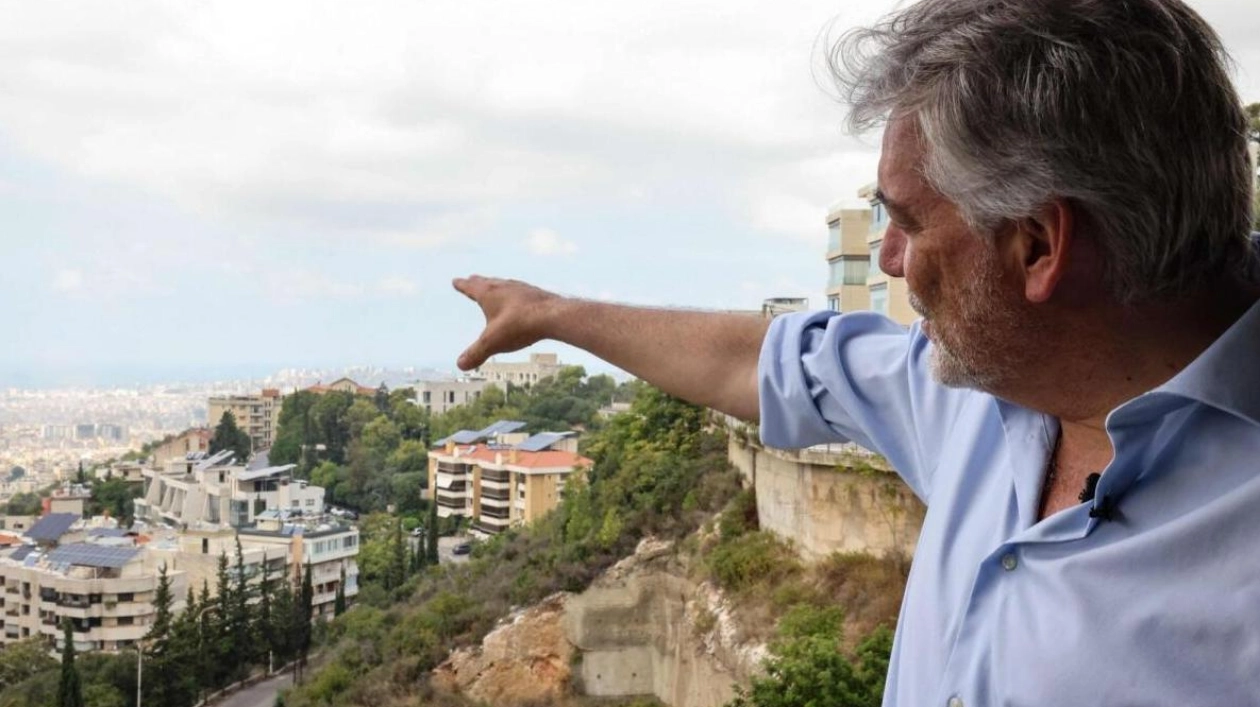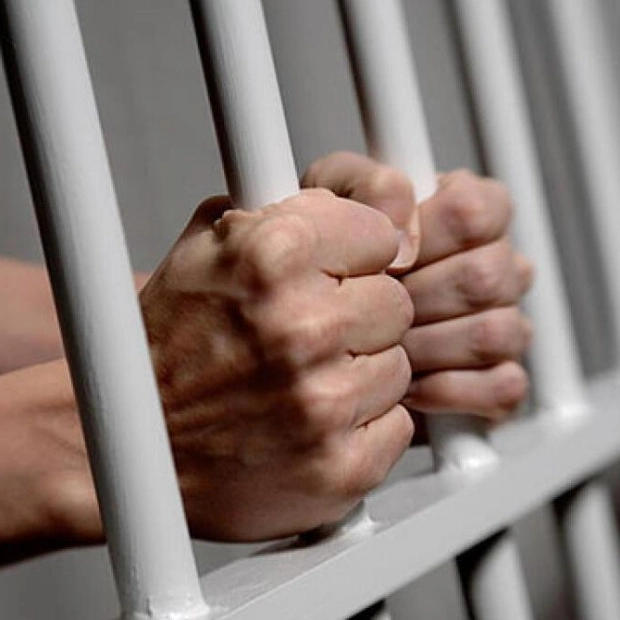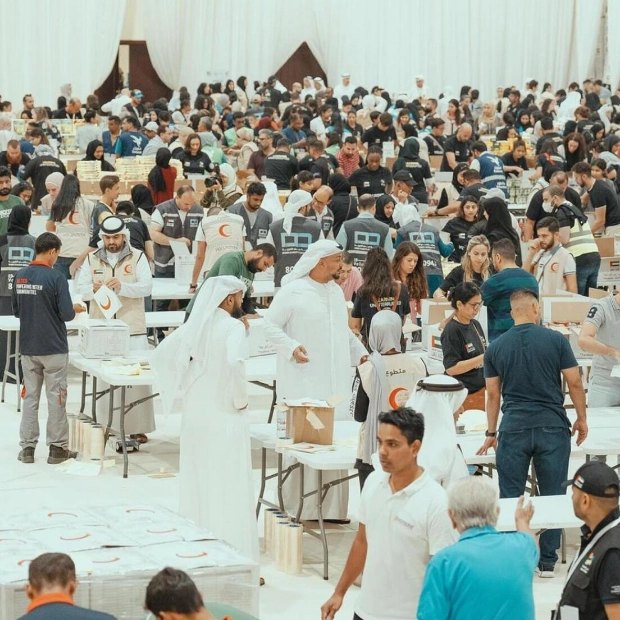UN peacekeepers in Lebanon have issued a stark warning against a potential "catastrophic" regional conflict, as Israeli forces engage in intense battles with Hezbollah and Hamas militants on two fronts, coinciding with the holiest day of the Jewish calendar.
Israel has been met with significant diplomatic backlash due to the injuries sustained by five Blue Helmets serving in southern Lebanon. The Lebanese health ministry reported that Israeli air strikes on three locations have resulted in at least 15 fatalities, updating an earlier count. Earlier, Israel had advised residents of southern Lebanon not to return home as its troops clashed with Hezbollah militants, a conflict that has claimed over 1,200 lives since September 23.
Lebanese authorities estimate that more than a million people have been displaced. Hezbollah claimed responsibility for firing missiles into northern Israel, prompting air raid sirens and an Israeli military response, including the interception of a projectile. The Iran-backed militants have intensified their attacks on targets near Israel's main northern city of Haifa.
Israel's military reported that Hezbollah launched approximately 320 projectiles into Israel over the Yom Kippur weekend, which concluded at nightfall. Additionally, Israel claimed to have targeted roughly 280 "terror targets" in Lebanon and Gaza during the same period. For the third time, Israel declared a "closed military area" along the Lebanese border in northern Israel, a measure that has historically preceded ground operations inside Lebanon.
In an interview with AFP, Andrea Tenenti, spokesperson for the United Nations peacekeeping mission, Unifil, expressed deep concern that an Israeli escalation against Hezbollah could rapidly evolve into a regional conflict with devastating consequences for all parties involved. Tenenti emphasized that there is "no military solution" to the ongoing crisis. The UN mission reported that five peacekeepers were wounded during two days of fighting in southern Lebanon, and Tenenti noted significant damage to UN posts. Despite this, he stated that there was a unanimous decision to remain in place, as it is crucial for the UN flag to continue flying high in the region and to maintain reporting to the Security Council.
In Israel, markets and public transport were halted as observant Jews observed Yom Kippur with fasting and prayer. Post-holiday, focus is expected to shift back to Israel's promised retaliation against Iran, which launched around 200 missiles at Israel on October 1 in response to the killing of top militants and an Iranian general.
Israeli forces have been engaged in conflict with Hamas in Gaza since October 7 last year, when Hamas carried out the worst-ever attack on Israel. Hezbollah, acting as a "support" front for Hamas, has been exchanging cross-border fire with Israel for nearly a year. However, on September 30, Israel initiated a ground offensive against Hezbollah in Lebanon following intensified air strikes on targets there.
On Friday, Israel faced condemnation from the United Nations, Western allies, and others for what it described as a "hit" on a UN peacekeeping position in Lebanon. UNIFIL reported that two Sri Lankan Blue Helmets were injured in the second such incident in two days. Israel's military claimed that its soldiers responded to an "immediate threat" approximately 50 meters from the Unifil base in Naqura and pledged a "thorough review." The Irish military's chief of staff, Sean Clancy, deemed the act "not accidental," and French President Emmanuel Macron asserted that the peacekeepers were "deliberately targeted." Both Ireland and France contribute troops to Unifil.
On Saturday, 40 contributing nations issued a joint statement strongly condemning the recent attacks on peacekeepers. Efforts to negotiate an end to the Lebanon war have thus far proven unsuccessful. Lebanese Prime Minister Najib Mikati announced that his government would request the UN Security Council to issue a new resolution calling for a "full and immediate ceasefire." Meanwhile, Jordan advocated for tougher measures and an end to "impunity" for Israel, suggesting that the UN's Chapter 7 should be enacted to compel Israeli compliance with international law.
Macron reiterated his call for a ceasefire and urged Hezbollah to "immediately stop" attacking Israel.






